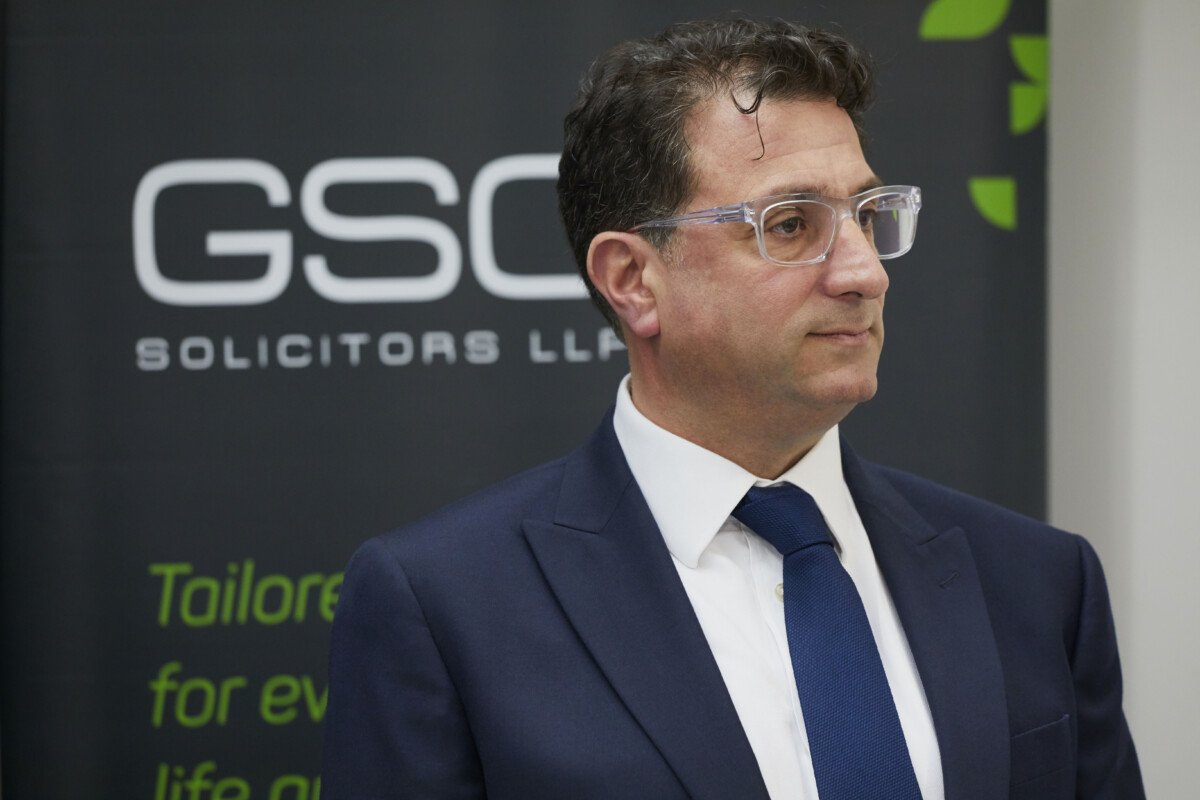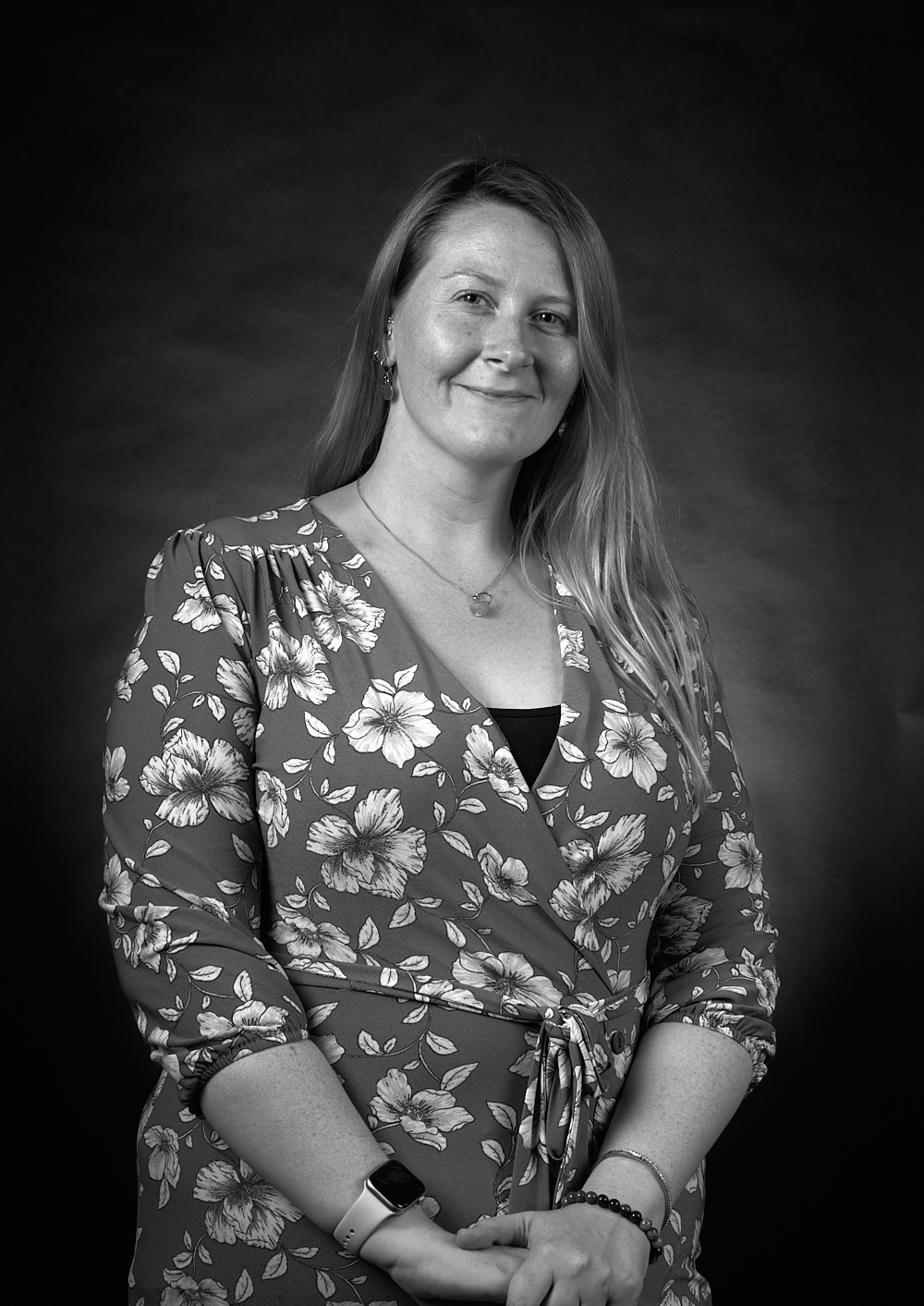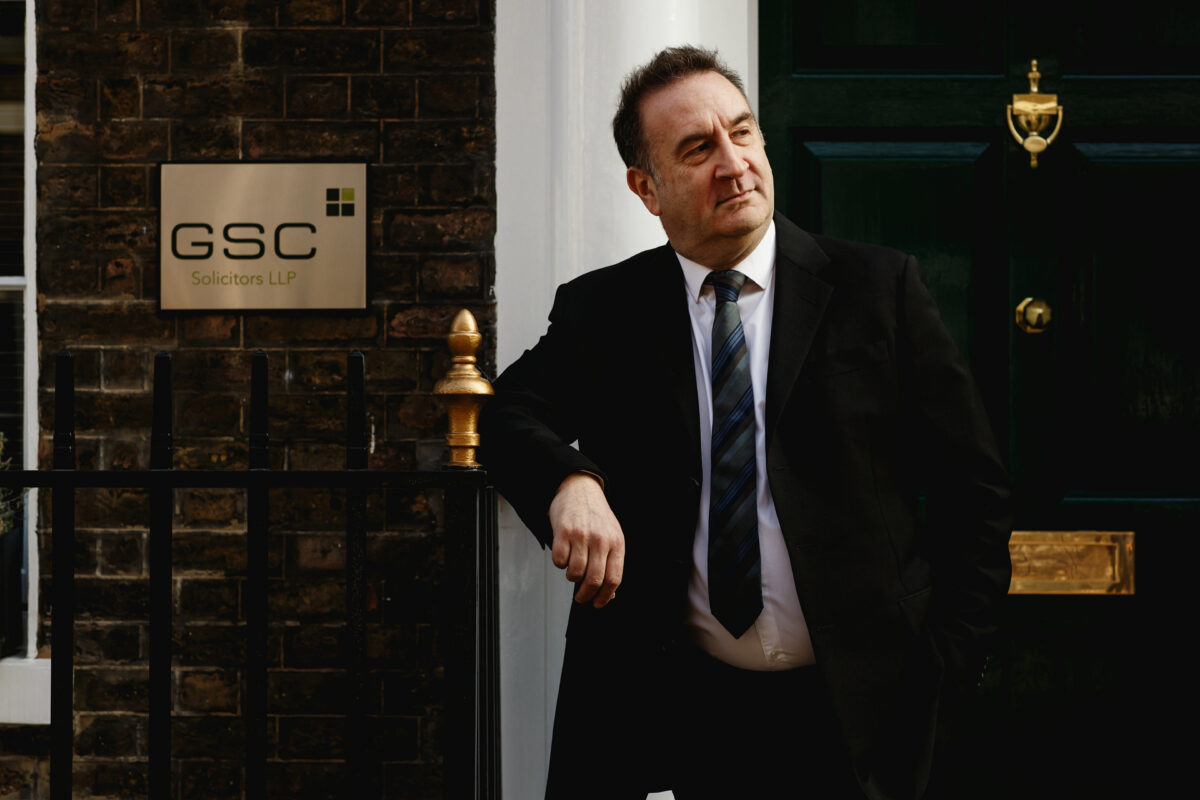A new Fixed Costs Regime is coming into force on 1 October 2023 for most claims worth between £25,000 and £100,000, where the trial would last no more than three days. This will be known as the Intermediate Track.
Currently there is no limit on the amount of the costs that a successful party may recover from the losing party for such claims, other than that they must be proportionate and reasonably incurred. This generally means that the costs will not be permitted to exceed the value of the claim.
For claims in this bracket issued after 1 October 2023, the successful party will only be able to recover the fixed costs which have been set by the Ministry of Justice. These fall into four bands, depending on the complexity of the case.
London weighting of 12.5% will be added to the fixed costs where the party lives or has a business in London or within the jurisdiction of the Bromley, Croydon, Dartford, Gravesend, and Uxbridge County Court hearing centres.
So for example, under the new regime, a claim allocated to Complexity Band 3 that reaches a two day trial where judgment is given at the end of the trial, the Claimant is awarded the sum of £60,000. And, where Counsel has drafted the Particulars of Claim, advised in writing, and attended the trial, the fixed costs that are recoverable from the losing party will be £42,800 (or £48,150 with London weighting).
Potential Claimants are therefore encouraged to consider whether they should start to pursue any existing claims now so that they are ready to issue court proceedings before 1 October 2023, after having complied with any pre-action procedure as required by the Civil Procedure Rules. This will avoid having their recoverable costs limited by the new fixed costs regime.
Should you have any questions, please please do not hesitate to contact Michael Shapiro directly on: [email protected] or 0207 822 2246.
© 2023 GSC Solicitors LLP. All rights reserved. GSC grants permission for the browsing of this material and for the printing of one copy per person for personal reference. GSC’s written permission must be obtained for any other use of this material. This publication has been prepared only as a guide to provide readers with general information on recent legal developments. It is not formal legal advice and should not be relied on for any purpose. You should not act or refrain from acting based on the information contained in this document without obtaining specific formal advice from suitably qualified advisors.











